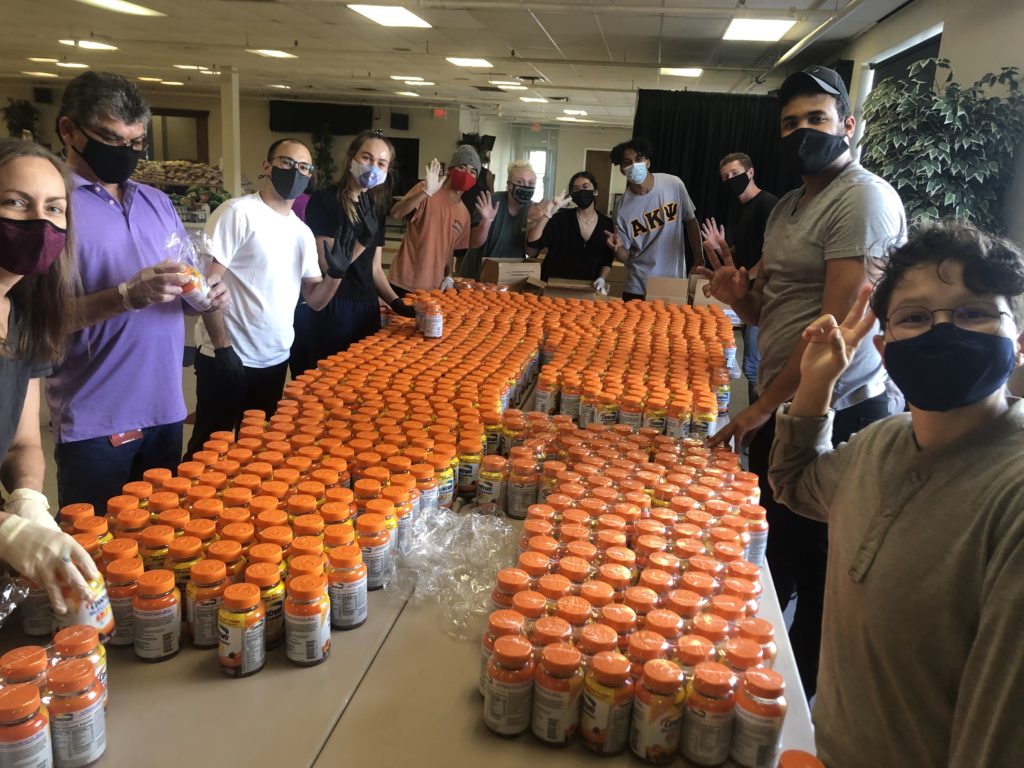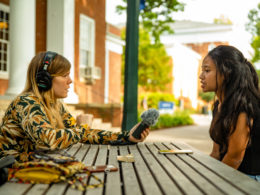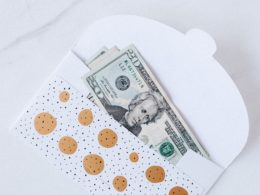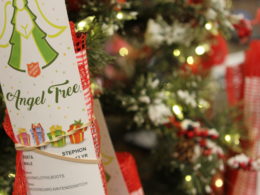When most Richmond natives hear the word “diversity,” they might think only about the iconic thrift store in Scott’s Addition with the funky paint job. But Diversity Thrift is just one part of a larger Richmond non-profit that reaches further into the community than you might think, especially when it comes to advocating for RVA’s LGBTQ+ and BIPOC communities.
Diversity Richmond is the product of the union between the Gay Community Center of Richmond (GCCR) and the Richmond Gay Community Foundation (RGCF) in 2015. Before that, the GCCR had provided support for agencies and groups that serve Central Virginia’s sexual and gender-minority people and educated the public about issues facing Richmond’s gay community.
When the GCCR merged with RGCF, they chose the new name, Diversity, to better reflect the diversity and inclusion that was already evident in their mission. The name was inspired by the RGCF’s thrift store, Diversity Thrift, arguably one of Richmond’s best known and most popular thrift stores.
Diversity, true to its name, serves the Richmond community in many different ways: it helps LGBTQ+ people avoid homelessness by assisting with rent and utility bills; it provides meeting spaces for 12-step recovery and transgender support groups; it provides clothing – especially professional clothing – to people in the form of vouchers to use in Diversity Thrift; and in 2020, it loaned its event hall to the Henrico and Richmond health departments and the City of Richmond for free COVID-19 testing and news conferences.
Among the many passionate people who help run Diversity’s day-to-day operations is President and Executive Director Bill Harrison.
Taking Diversity to the next level

Bill Harrison joined Diversity in 2012 as president and executive director. Before that, he served with the Fan Free Clinic (now known as Health Brigade) during the height of the HIV epidemic. He was the first public information officer with the Virginia Department of Health’s Bureau of STD/AIDS department and, for 17 years, he was the government and public affairs director with the American Red Cross, Greater Richmond Chapter. He also served at Ground Zero in October 2001, following the 9/11 terrorist attacks.
While Diversity has been focused primarily on serving Richmond’s gay and lesbian community, Harrison says he wants Diversity to educate and advocate for the rights of Richmond’s transgender community as well.
“I’ll admit, when I came to work here, I thought I could do that job with my eyes closed because I’ve been volunteering and advocating my entire career,” said Harrison. “But I knew very little about transgender issues. Now, some of the most important people in my life are transgender women, who I met through working at Diversity. I learn from them every day.”
Another issue Harrison hopes Diversity can assist with is facilitating uncomfortable, yet vital conversations about race and white privilege as well as advocating for Richmond’s Black community, especially those who are also a part of the LGBTQ+ community. This advocacy takes the form of regular conversations between white and BIPOC folks in a safe space where people are encouraged to share openly and ask questions.
“These [race] conversations have been very difficult to have, because we as white people have no inclination of our privilege whatsoever. I knew nothing before having these conversations, but I’m learning so much. I’m 67 years old and I’m proud to say I’m a work in progress,” said Harrison.
Diversity’s community impact

While most Richmonders can instantaneously recognize the exterior of Diversity, its community impact goes much deeper than that.
Under Harrison’s leadership, the Association of Fundraising Professionals named Diversity Richmond as “Foundation Philanthropist of the Year” in 2015. This was the first time an LGBTQ organization had received the recognition.
Among its recent efforts, Diversity reached out to Richmond’s Hispanic community, first with information about the importance of getting tested for COVID-19 and then with a food drive.
“While the pandemic has affected everyone, many folks in the Hispanic community work in industries that were hit particularly hard — restaurants, housekeeping, landscaping,” said Harrison.
With the help of several local food banks, including its Scott’s Addition neighbor FeedMore, Diversity was able to give 500 families each a week’s worth of groceries.
“It was one of the most humbling experiences I’ve ever had in my life,” said Harrison. “I don’t speak Spanish, but I could feel the gratitude from everyone. It’s a universal language.”
To learn more about Diversity, visit its website or social channels (Facebook and YouTube). To find out about volunteer opportunities, fill out an application, or discover the many ways you can make a donation.










